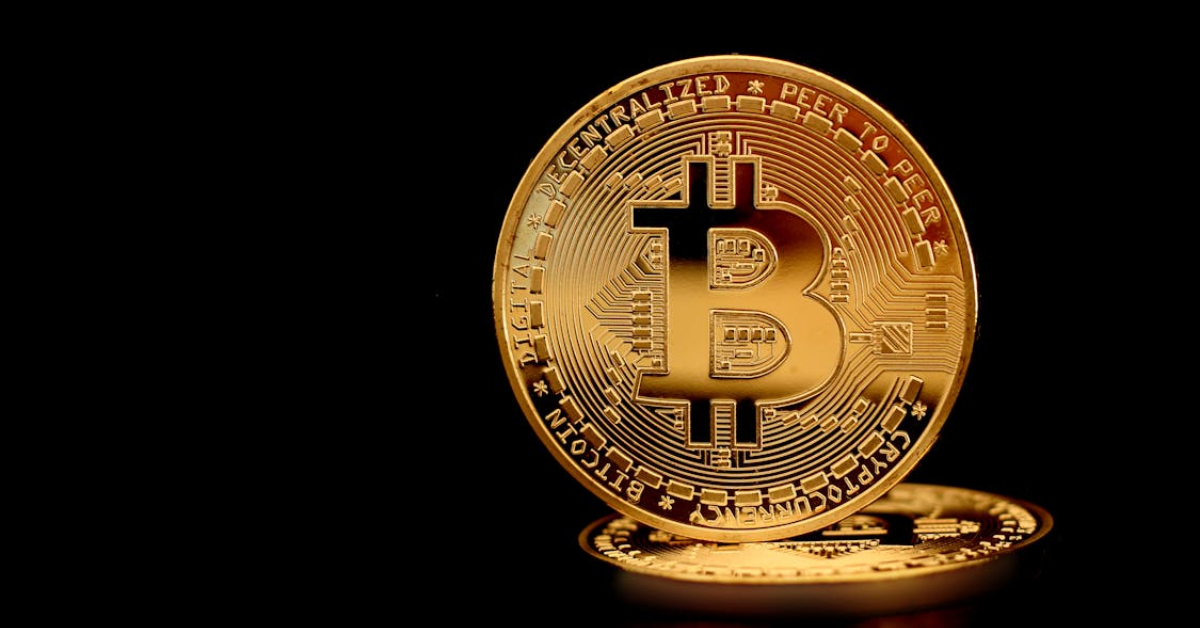Recently, rumours circulated on social media that Denmark was about to restrict self-custody cryptocurrency wallets. According to these sources, the Danish Financial Supervisory Authority (DFSA) is planning to limit the usage of hardware and software wallets, allowing individuals to hold their digital assets without intermediary monitoring.
Yet, these rumours are untrue. Tobias Thygesen, the DFSA’s director of fintech, payments services, and governance, has strongly disputed such allegations, stating that the DFSA has not recommended a ban on self-custodial wallets.
Background Information
Self-custody wallets allow users to maintain and control their cryptocurrencies without relying on third-party services such as banks or online wallets. These wallets are critical for preserving anonymity and complete control over digital assets, essential for crypto fans campaigning for decentralisation. The concept of self-custody is central to the blockchain and Web3 paradigms, emphasising the principles of autonomy and resilience to censorship.
The European Union’s Markets in Crypto-Assets (MiCA) regulation, which intends to provide a unified regulatory framework for crypto-assets, plays a vital role in defining the operational limitations of these wallets. While MiCA regulates several areas of the cryptocurrency industry, it excludes fully decentralised services, such as various self-custodial wallets.
Clarification from DFSA
In reaction to the widespread misconception, Tobias Thygesen of the DFSA clarified what MiCA monitors and what it does not. According to Thygesen, MiCA is intended to regulate crypto asset services involving intermediaries with authority over crypto assets, such as custodial services, in which a company maintains crypto assets on behalf of clients.
Web3 Analysts at Coin Insider indicate that these regulatory concerns do not apply to self-custodial wallets, which allow individuals to hold their funds without intermediaries. Thygesen emphasised that the DFSA’s position is to encourage innovation and integrity in fintech while not imposing unwarranted limits on technologies that promote individual autonomy.
Implications of MiCA on Self-Custody Wallets
Self-custodial wallets are often free from direct regulation under the MiCA framework because they do not provide traditional custodial services. This exemption is critical because it acknowledges the particular role of self-custody in supporting financial sovereignty and innovation in the Web3 arena.
MiCA’s reach, however, extends to integrated services that may be used in conjunction with these wallets, such as exchanges or trading platforms that connect with wallet software. Wallets that provide extra services that fall under MiCA’s regulatory operations, such as executing transactions or keeping customer assets, may be required to comply with specific regulations, which indirectly impacts how they function.
Misinterpretations and Misinformation
A misunderstanding of the legal subtleties of MiCA most likely caused the confusion surrounding Denmark’s regulatory approach to self-custodial wallets. When prominent crypto community members, such as Mikko Ohtamaa, perceived regulatory exclusions as a possible precursor to a ban, they highlighted a prevalent issue in the crypto regulatory environment: the difficulty in comprehending and conveying legal frameworks. This instance emphasises the necessity of clear and direct communication from regulatory organisations in preventing the spread of misinformation, which can lead to unfounded worries and market volatility.
Case Study: Hardware and Software Wallets
Hardware wallets such as Ledger and Trezor and software wallets like MetaMask are real examples of self-custodial solutions that allow users to handle their cryptographic keys and, as a result, their crypto assets autonomously. These wallets are not subject to MiCA’s regulatory scope because they do not give customers custody of crypto-assets.
This distinction is crucial for stimulating innovation and keeping the expanding Web3 ecosystem alive and accessible. For wallet providers, regular regulatory clarifications will aid in navigating their operational scopes and adapting to potential regulatory requirements that may affect their services.
Impact on the Web3 Industry
The Danish Financial Supervisory Authority’s (DFSA) explanation of self-custody wallets considerably impacts the Web3 industry, particularly in maintaining an atmosphere conducive to technological autonomy and innovation. By exempting self-custodial wallets from MiCA restrictions, the DFSA preserves blockchain’s fundamental ideals, such as decentralisation and user sovereignty, and fosters future innovation in the Web3 arena.
This decision distinguishes between regulated financial services and decentralised applications (dApps), which frequently include self-custody wallets to improve user control and privacy. Such regulatory certainty is critical for developers and companies in the Web3 ecosystem because it provides a stable legal environment that allows for the creation of new applications without fear of sudden legislative changes that could jeopardise their models or operations.
Furthermore, by ensuring that self-custodial wallets remain exempt from strict financial rules, the DFSA promotes the widespread adoption of Web3 technology. It reassures users and investors that the tools and platforms they use to manage digital assets are secure, private, and under their control—all of which are expected to promote the adoption of Web3 technologies across a variety of industries.
To summarise, the DFSA’s attitude not only safeguards individual rights but also fosters an inventive and dynamic environment critical to the Web3 industry’s growth and maturity.
The DFSA’s explanation is a timely reminder of the necessity of precise regulatory interpretation and dissemination in sustaining a healthy and innovative Web3 ecosystem. As the digital asset market evolves, good communication and awareness of regulatory contexts will become increasingly crucial for crypto users and suppliers.



